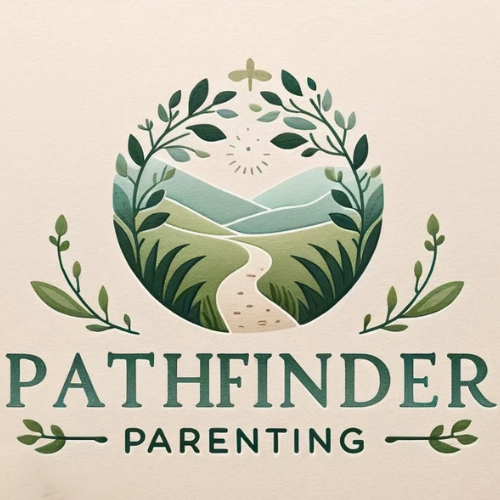Throughout my coaching career, I’ve had the incredible opportunity to witness the determination and resilience of many parents. One of the most poignant examples of this came from a woman named Sarah, a loving mother whose child was diagnosed with ADHD. Her journey’s transformative power not only made a deep impact on her child’s life but also significantly affected my belief and trust in holistic strategies for managing learning challenges.
For many parents, a diagnosis of ADHD can bring with it an overwhelming torrent of information and numerous potential paths for treatment. Sarah found herself in this position, with traditional tutoring, online programs, and special education services not providing the solutions they had hoped. Fearful of her child’s potential lifelong dependency and determined to find a solution, Sarah decided to embrace a holistic approach to managing her child’s ADHD.
Rather than focusing solely on her child’s academic needs, Sarah expanded her approach to include her child’s emotional and social needs. This redefined focus turned out to be a transformative turning point on their journey. Physical activity became an integrated part of her child’s daily routine and brought about notable stress reduction and improved focus. Sarah also incorporated mindfulness techniques to manage anxiety and enhance concentration, fostering emotional stability.
Her holistic approach also extended to creating a structured, yet flexible, routine. A distraction-free homework station was set up along with clear, simple daily goals. This gave her child a sense of accomplishment and motivation that traditional strategies hadn’t provided.
A fundamental factor in this process was Sarah’s involvement. Balancing parenting responsibilities and active involvement in her child’s learning development strengthened their bond and made a significant improvement in her child’s situation.
Sarah also discovered the immense value of community support. Joining support groups offered her the chance to connect with parents in similar situations. This interaction provided practical advice, emotional relief, and a strong sense of solidarity; knowing that her journey was shared diminished feelings of isolation and introduced new perspectives.
In time, significant improvements in her child’s behavior and academic performance became apparent. More so, Sarah felt empowered and confident in her ability to support her child. The holistic approach had successfully addressed her child’s academic, emotional, and physical needs.
Sarah’s journey is an inspiring testament to the power of a holistic approach to managing ADHD. It underscores that nurturing a child’s emotional, social, and physical growth, alongside academic achievements, can aid in their journey towards independence and self-sufficiency. Much can be accomplished through small, consistent steps, paving the way for significant progress.
If you find yourself in a similar situation, uncertain on how to best support a child with learning or developmental challenges, consider a holistic approach. This comprehensive, multi-faceted strategy may offer the answers you seek and the success you strive to achieve.
